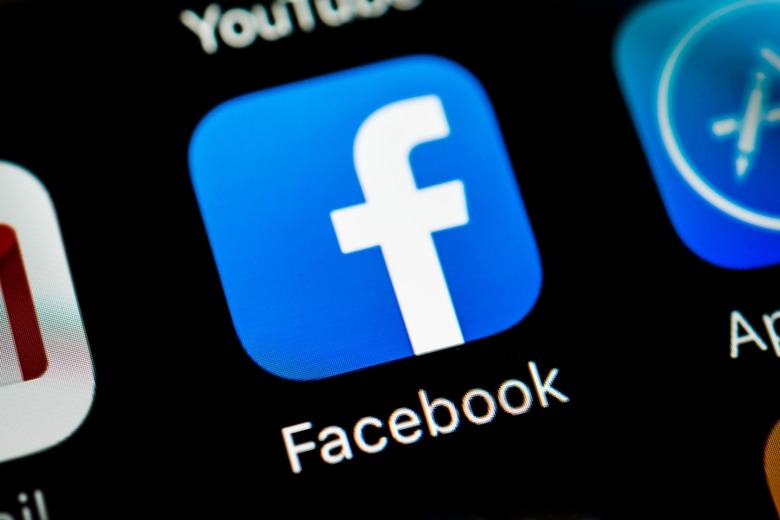Facebook Says It Might Start Hiding Like Counts In A Desperate Bid To Keep Users Happy
The symbol most closely associated with the largest social network in the world, other than that of the app that launches it on mobile devices, is a thumbs-up that designates a "like." It's a universally recognized sign of approval for Facebook posts which has been so integral to the service's experience pretty much since its inception, for both good and ill. As time as gone on, more attention has been paid to the effect that chasing likes and addiction to social media has on peoples' health, which is why Facebook-owned Instagram has been experimenting with hiding like counts on posts from everyone but the user. The thinking is that there's no longer any reason to preen and posture for social media approval when no one can see your like counts anyway.
Facebook, meanwhile, is reportedly close to launching a similar test, no doubt chastened by users spending less and less time on the platform and in some cases abandoning it altogether. Could this be the kind of thing that keeps at least some of them around?
The social network is apparently wrestling internally with the permutations of that very question. App researcher Jane Manchun Wong (@wongmjane on Twitter) who is constantly drilling down into app code to discover unannounced features being tested, has disclosed that Facebook is considering an Instagram-like test that would hide like counts on a post from the user's followers.
She spells it all out here on her blog, in addition to her Twitter account:
Along these lines, Facebook has confirmed to TechCrunch that it is indeed considering this test but has not gotten underway with it yet.
"By hiding the like/reaction counts from anyone other than the post creator, users might feel less anxious about the perceived popularity of their content," Jane writes on her blog. "It has been shown in multiple papers that social media use may influence mental health, including leading to depression and anxiety.
"It takes time to develop, observe, research and release experimental features like this. Experimental features could come and go. But I am certain hiding the public like counts will be beneficial to the digital wellbeing of a large chunk of users."
